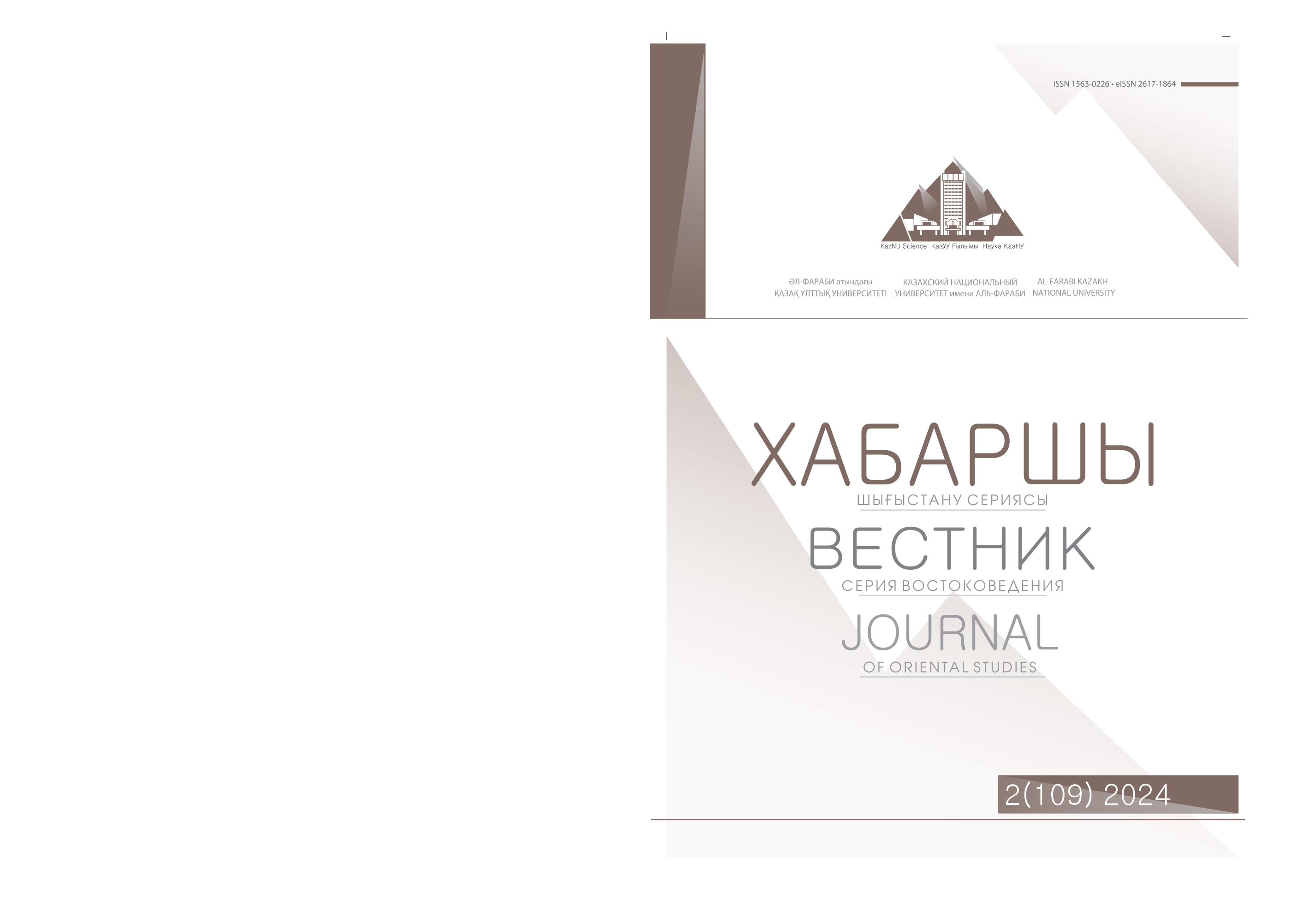MANAGING POSTNORMAL COMPLEXITY, CHAOS, AND CONTRADICTIONS WITH THE MUSLIM MINDSET (Interview with Shamim Mia)
DOI:
https://doi.org/10.26577/JOS.2024.v109.i2.SD1Abstract
There are different definitions of modernity. One calls the present “postnormal times” or “an in-between period when old orthodoxies are dying, new ones have yet to be born, and very few things seem to make sense.” This definition appeared in 2010 in Welcome to Postnormal Times, a seminal paper by Ziauddin Sardar, a British Muslim polymath. This concept structured the interview with Dr. Shamim Mia (London, UK). During the conversation, he examined issues of modern social life from the Muslim worldview perspective in the context of postnormal times (PNT). The interview offers an analysis of the key characteristics of PNT - complexity, chaos, and contradictions - and their examples in contemporary Muslim communities. The discussion also addressed the separation of Islamic Studies from Muslim Studies in modern academic science. It would help raise awareness and correct conclusions regarding several pressing issues related to modern Islam and those who profess it. The interview also briefly touches upon political Islam, its place and role in a modern developed society, as well as the need to nurture critical thinking among those who profess Islam.
Keywords: Postnormal times, Muslim societies, political Islam, critical thinking, changes.














